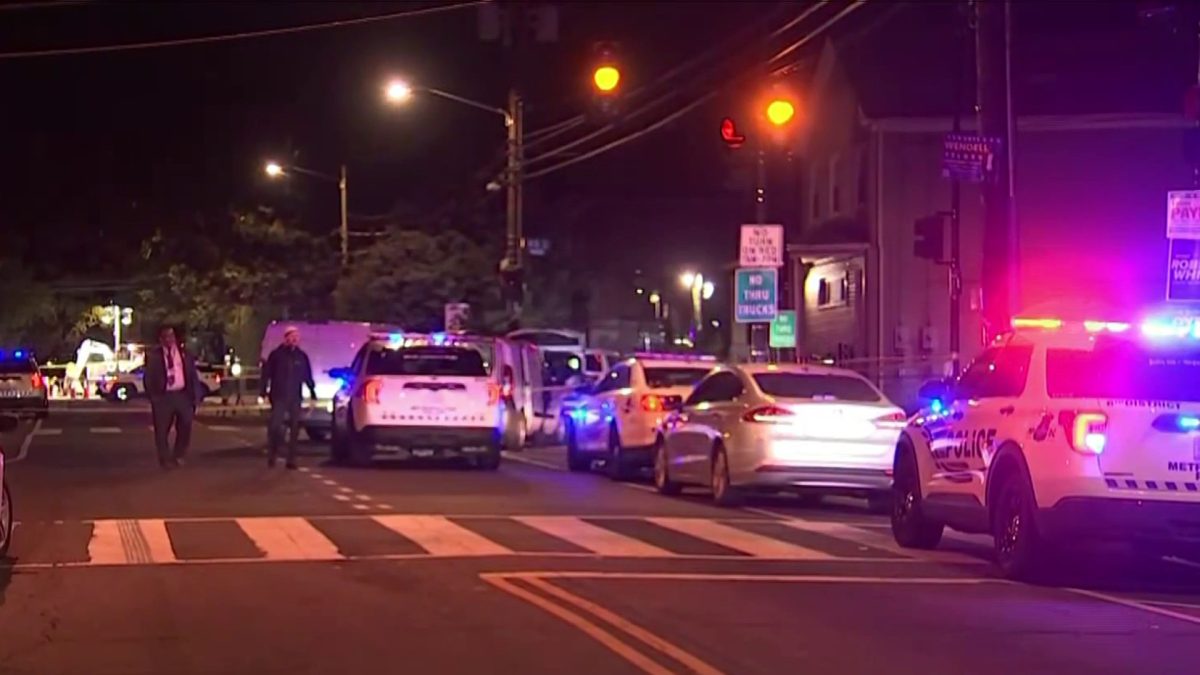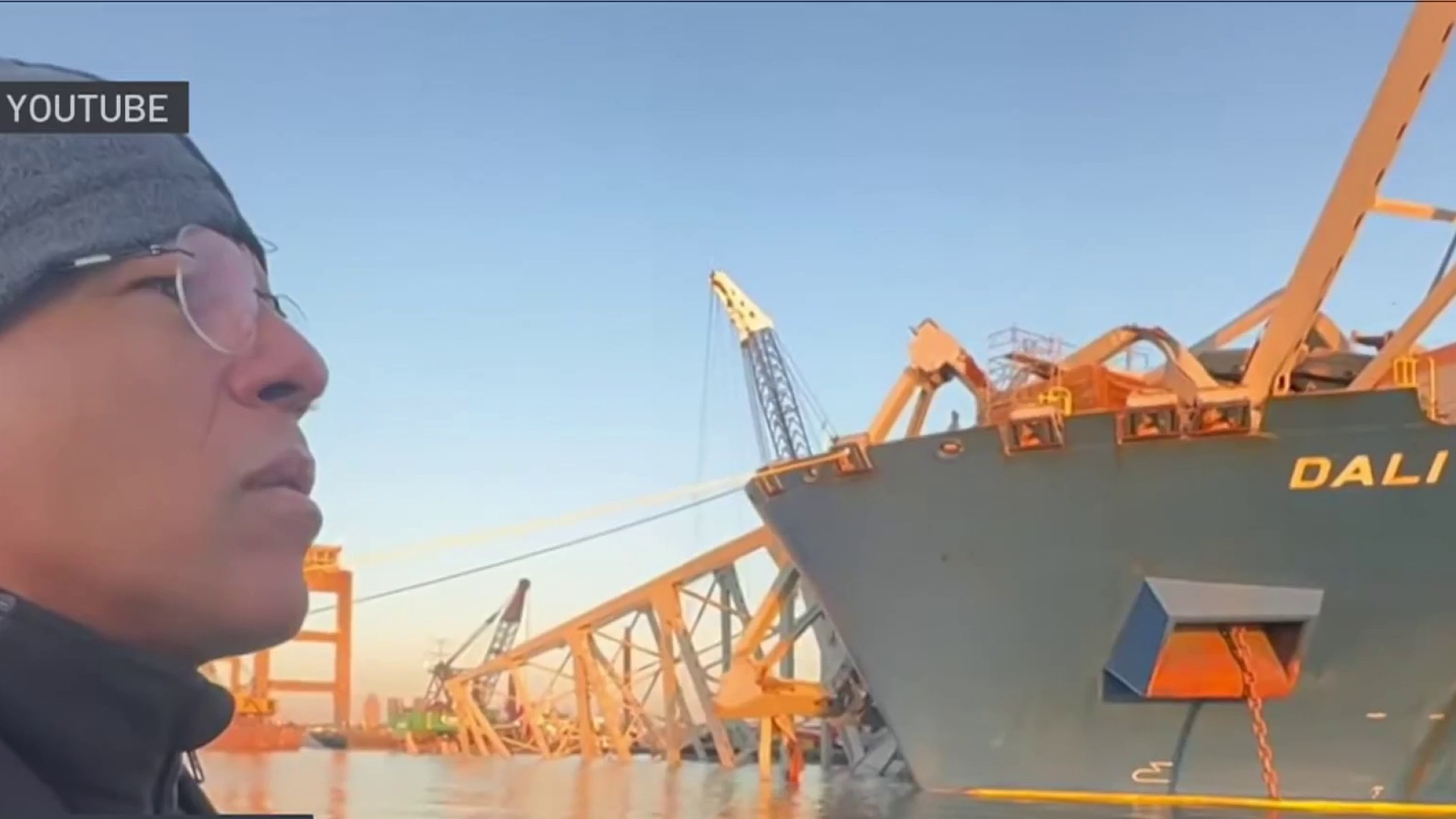At last Saturday’s 50th anniversary March on Washington, several hundred D.C. citizens gathered first at the District’s World War I memorial on the National Mall not far from the Lincoln Memorial. At about 8:30 a.m. they played loud music, heard several stirring speeches calling for statehood, waved signs and cheered one another lustily.
But looking around, one could see the District ceremony was fenced in on all sides. And we mean the gathering was literally fenced off from the Mall that was only a few yards away. Once the D.C. event was over, participants had to walk a long way around Independence Avenue to approach the Mall from 17th Street.
People had pointed to the direct route, but the U.S. Park Police would not accede to Mayor Vincent Gray’s request to open a pathway. Mayoral press secretary Pedro Ribeiro would say only that the Park Service wasn’t being “helpful.”
That’s an understatement, for sure.
Your Notebook, stepping out of his journalist role for a moment, wondered why the people or mayor didn’t just walk over and remove a piece of the fencing. No one did.
Had they done so, they might have made real news if the Park Police tried to stop them. Imagine the mayor being arrested trying to get to the civil rights march!
But the moment passed.
Local
Washington, D.C., Maryland and Virginia local news, events and information
At a time when the statehood activists were calling on each other to “agitate, agitate, agitate” — in the words of Frederick Douglass — nothing was done. That has been the problem with statehood activism: The rhetoric always has soared above the activists’ acts.
They could learn a lesson from the old master, Marion Barry, who — like him or not — demonstrated Saturday just how it is done.
For the short D.C. program, the planners intended for D.C. Council Chairman Phil Mendelson to speak on behalf of any council members present. Several were there, and Mendelson dutifully introduced them.
But when Mendelson was done, 77-year-old warhorse Barry strode to the lectern and started talking. “Hello, D.C.,” he shouted.
We don’t know who, but someone gave the order to cut off Barry’s microphone and start up the loud music.
For a moment Barry looked stunned and then he looked angry. He gripped the lectern and scowled. He stood there, unmoved, looking around. A short time later, after Barry refused to move, someone cut off the music and turned Barry’s microphone back on.
“That’s so disrespectful,” Barry glared. He finished his speech in a few minutes and the moment passed.
Score one for Barry.
That’s how it’s done, ladies and gentlemen.
The go-along, polite lobbying for statehood is DOA. The lesson well learned from the civil rights movement is simple: Power doesn’t voluntarily yield.
■ Past and future. On Monday, we were back at the Lincoln Memorial. We were checking on the preparations for Wednesday’s concluding ceremony marking the 50th anniversary of the march.
Security was starting to clamp down for the impending appearance of Presidents Barack Obama, Bill Clinton and Jimmy Carter for Wednesday’s bell-ringing ceremony.
In the crowd of tourists walked one older man, his tie knotted to his neck, his coat buttoned and his hat tilted properly on his head.
The gentleman turned out to be Richard Kirkland Bowden, a veteran of three decades with the U.S. Marshal Service assigned to the U.S. District Court downtown.
Bowden told us he had been 26 in 1963 and had stood on the Lincoln Memorial steps not far from the speaker’s platform. He remembers it, of course, like yesterday.
Asked about Wednesday’s bell ringing and the visit by three presidents, Bowden as usual was direct and to the point.
“I think it will be a glorious moment,” he said before taking a long pause. “But — there’s always a ‘but’ — we still have a long way to go.”
Tom Sherwood, a Southwest resident, is a political reporter for News 4.



